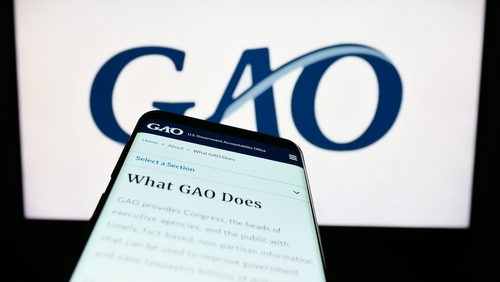The Government Accountability Office (GAO) recently reviewed the Department of Labor’s (DOL) 403(b) plan oversight efforts and concluded better educational material is needed to inform plan sponsors and participants.
“The DOL’s website does not contain targeted educational materials that could help participants understand 403(b) plan fees,” GAO wrote. “Updated DOL information on 403(b) plans could help participants make more informed decisions.”
More specifically, the GAO was asked by Rep. Robert C. “Bobby” Scott, Va. - 3rd District, Ranking Member House Committee on Education and the Workforce, to review:
- The extent of federal agencies’ 403(b) plan oversight,

- actions by selected states that could improve 403(b) participant outcomes, and
- options stakeholders and experts have identified that could improve outcomes for 403(b) participants.
“Stakeholders and experts identified actions they said could improve 403(b) participant outcomes,” the report noted. “For example, they suggested establishing fiduciary duties for non-ERISA plans in some states that are not subject to such protections can help protect participants’ interests.”
Additionally, it said, “requiring distribution of standardized information on investment options’ returns and fees for participants in non-ERISA plans would promote transparency. Multiple experts also suggested that allowing 403(b) plans to use certain other investment vehicles could reduce fees.”
The GAO also reviewed how five states worked to improve outcomes. Officials in three states said they consolidated the number of service providers offering investment options, which “strengthened oversight by reducing the number of service providers they had to oversee. Officials in Connecticut told the GAO that consolidating service providers also resulted in lower annual fees for participants.”
Officials in four of the selected states said they enhanced transparency by providing participants with additional information on plans’ investment options and fees or by making it available elsewhere.
While neither agreeing nor disagreeing with the GAO’s findings, the DOL stated that it would review its relevant publications to see if they should more specifically reference 403(b) plans.

